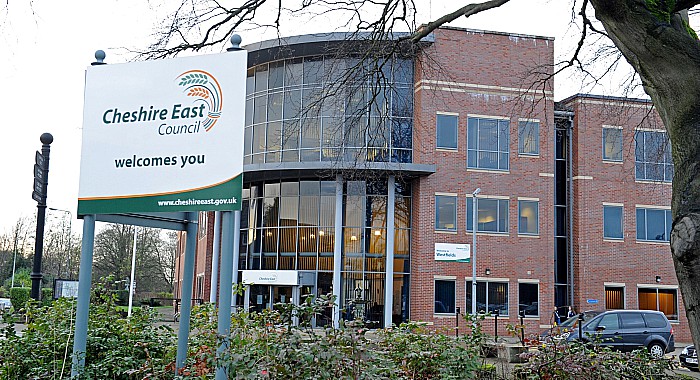
All but essential services could face cuts as Cheshire East Council tackles unprecedented financial pressures fuelled by soaring costs and increasing demand, writes Belinda Ryan.
The council’s finance bosses are asking all service committees to draw up an action plan to look at how they can cut costs, do things differently or find ways of increasing revenue.
The matter is due to be discussed at next week’s meeting of the finance sub-committee.
It comes just a couple of weeks after the authority’s leader, Cllr Sam Corcoran, told the full council: “I would say there are three sorts of councils at the moment – those that are going to go bust this year, those that are going bust next year and those that might survive to the year after, if the government doesn’t do something to help councils.”
The council, in line with most public sector organisations, relies on government inflation targets when setting budgets and that figure was 2%, but the actual inflation rate is more than 10%.
A report due to go before the finance sub-committee on Wednesday states: “In monitoring the 2022/23 financial year, the national increase in inflation, from 0.4% in February 2021 to 10.1% in July 2022, is having a significant impact on the cost of council services as well as on the cost of living for local residents.”
The report says inflation is affecting several critical areas including service demand and contract inflation, pay inflation and Covid-19 scarring.
With regard to services and contracts, the report states: “Care costs are rising due to increasing complexity of need as well as rising provider costs linked to staff shortages and utility and fuel prices.”
It adds fuel prices are also causing increases in transport and waste services.
Pay inflation is another factor.
Cheshire East had forecast local pay increases of 2.5%, recognising potentially higher rises for local lower paid workers. The report says current national pay negotiations could see wages rise in excess of 6% for some lower paid workers.
Regarding the aftermath of Covid-19, the report states: “Although government funding for Covid-19 related costs has ended, there remains an ongoing impact on care services and some services funded from fees and charges.
“Waste services are also experiencing ongoing tonnage increases from changed behaviour linked to the pandemic.”
Cheshire East Council is the third largest authority in the north west and supports more than 398,000 local people with annual spending of over £470m.
The demand for services, combined with the soaring cost of living nationally, has resulted in a forecast out-turn of £340m against a net revenue budget of £328.4m – meaning a forecast overall overspend for 2022/23 of £11.6m.
This will have to be met from reserves, which currently stand at around £14m, unless significant cuts can be made, or more funding comes through from central government or other sources.
The finance sub-committee meeting takes place at 2pm on Wednesday November 9 at the council’s HQ at Westfields in Sandbach.


















Recent Comments